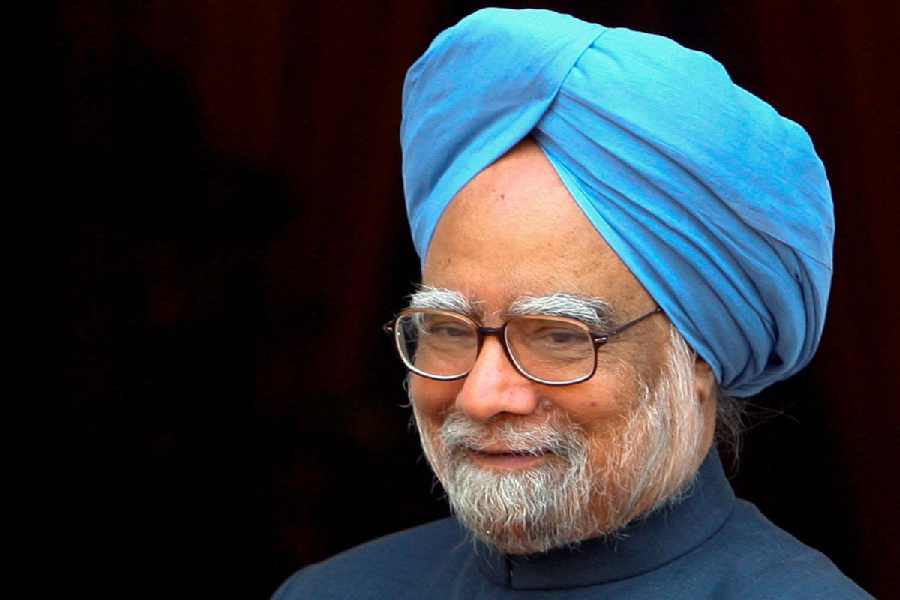Corporate India owes much of its freedom to Manmohan Singh who passed away on Thursday night.
Singh not only kick-started crucial economic reforms but also placed the country on the global map in 1991.
It was a very challenging period: India was passing through a forex crisis with its reserves barely able to cover two weeks of imports and the country’s fiscal deficit hooting up to 8 per cent of its GDP.
The Oxford scholar who was the finance minister in Narsimha Rao’s government announced path breaking reforms in the July 24, 1991 Budget, which dismantled the licence raj for many industries and also gave the message that foreign investment should be welcomed. Singh opened up the mutual fund space to the private sector and removed interest rate restrictions on convertible and non-convertible debentures floated in the capital market.
Delivering his Budget speech of July 1991, Singh said: ``After four decades of planning for industrialisation, we have now reached a stage of development where we should welcome, rather than fear, foreign investment… Direct foreign investment would provide access to capital, technology and markets. It would expose our industrial sector to competition from abroad in a phased manner.’’
This was accompanied by liberalisation of the policy regime for foreign direct investment (FDI).
FDI in specified high priority industries was raised to 51 per cent, approval for which he said would be ``prompt’’, subject to the condition that equity inflows are sufficient to finance the import of capital goods at the stage of investment. Singh also permitted foreign equity up to 51 per cent for trading companies primarily engaged in export activities.
For India Inc, the biggest support came in the form of the New Industrial Policy, 1991 which addressed industrial licensing and MRTP (Monopolies and Restrictive Trade Practices Act).
Licences were abolished for all industries (except 18), irrespective of the levels of investment. Only those industries were subject to compulsory licensing which were connected to security and strategic concerns, and social reasons.
The other reform was with regard to the MRTP Act which sought to prevent the concentration of economic power apart from prohibiting monopolistic, restrictive and unfair trade practices.
Singh restructured this Act by eliminating the legal requirement for prior government approval for expansion of undertakings and establishment of new undertakings. Further, the provisions relating to merger, amalgamation, and takeover was also repealed.
Singh had also sought to give the message that wealth is not bad, though the wealthy should also use it for social purposes.
``For the creation of wealth, we must encourage accumulation of capital. This will inevitably mean a regime of austerity. We have also to remove the stumbling blocks from the path of those who are creating wealth… Those who create it and own it, have to hold it as a trust and use it in the interest of the society, and particularly of those who are under-privileged and without means,’’ he had said while delivering the Budget speech of 1991.
He had also then famously cited Victor Hugo who said, “no power on earth can stop an idea whose time has come.”
This example was to tell that India will emerge as a major economic power in the world. For corporate India and the country which has now come a long way from those days, his words ``India is now wide awake. We shall prevail. We shall overcome’’, continues to resonate.










